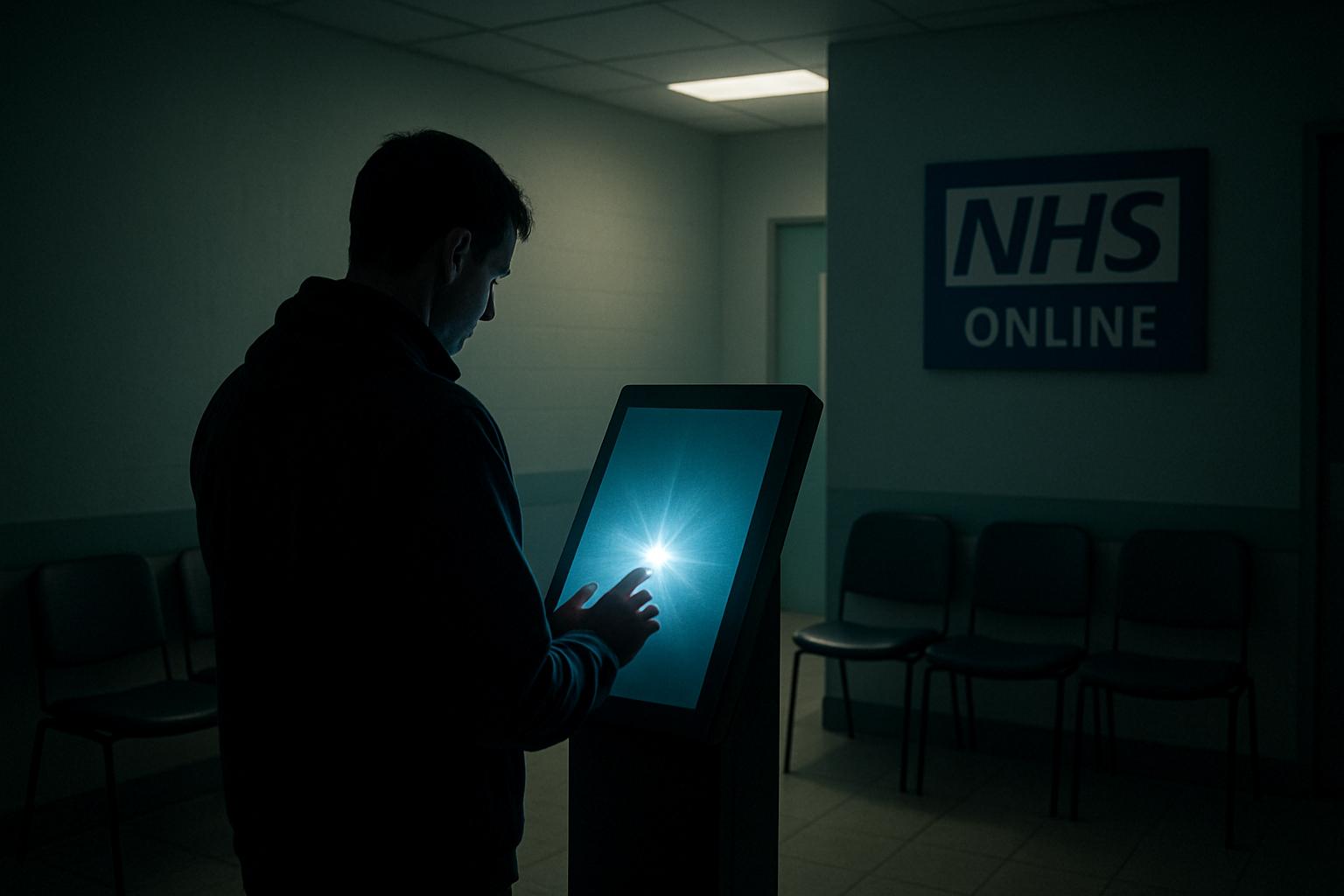Patients across England are set to benefit from faster access to specialist care through a new NHS "virtual hospital" planned to launch in 2027, according to Health Secretary Wes Streeting. The service, called NHS Online, will enable patients to consult specialists remotely from the comfort of their home or workplace, using video or phone appointments. This initiative aims to reduce waiting times and streamline access to healthcare, particularly for those with conditions suitable for digital consultations. Patients preferring face-to-face appointments will still have that option, with the government affirming it will not remove in-person care for those who want it.
The virtual hospital concept was highlighted in Labour leader Sir Keir Starmer’s recent conference speech, where he stressed that NHS Online would deliver "millions of appointments" digitally and help alleviate pressures on physical hospital services. Starmer illustrated the convenience of digital consultations by pointing to single parents juggling childcare and elderly patients in rural areas, who could avoid long journeys or waiting in queues by seeing a specialist remotely on a device such as an iPad.
According to Streeting, NHS Online builds on successful pilots, such as the scheme in Southampton where patients with chronic bowel inflammation were seen more quickly and conveniently online. This model frees up face-to-face hospital appointments for those with more complex needs. Streeting emphasised that the service would only be offered for conditions where it is safe and effective to do so, and assured that the new system would expand access and reduce inefficiencies by enabling patients to book specialist appointments nationwide rather than being limited by local waiting lists.
The government projects that NHS Online could create up to 8.5 million extra appointments over the first three years of operation, with hospitals like Moorfields Eye Hospital already providing expedited online triage services for certain patient groups. The system will integrate with the existing NHS app, allowing patients to book tests or scans, track prescriptions, and manage appointments with specialists from anywhere in the country. NHS England suggests this approach will spread demand more evenly across the system and help tackle long waiting times in certain areas.
The initiative has garnered cautious optimism from healthcare experts. Dr Jeanette Dickson, chairwoman of the Academy of Medical Royal Colleges, described NHS Online as a potentially "game-changing" development to improve equity and speed of access, while also reducing health inequalities. She highlighted the importance of ensuring that patients who are not digitally enabled are not disadvantaged by the shift. Dr Becks Fisher of the Nuffield Trust acknowledged the benefits of patient choice but raised questions about how the service will be integrated without impacting existing in-person care, and how patients will be safely transitioned between digital and physical services when necessary.
NHS Providers’ chief executive Daniel Elkeles termed the online hospital service a "very significant" development, reflecting widespread healthcare sector interest in digitising patient care to enhance efficiency and convenience.
The move towards digital appointments forms part of a broader government strategy to modernise and rebuild the NHS. This includes a £22.6 billion increase in day-to-day spending and a £3.1 billion capital boost for health services over three years, along with plans to re-integrate NHS England into the Department of Health and Social Care to reduce bureaucracy and empower frontline staff. The new NHS Online platform aligns with these goals by shifting care from hospital-based to community and digital settings, fostering a more preventive and patient-centred approach.
In summary, NHS Online represents a substantial effort to transform healthcare delivery by embracing digital technology, aiming to improve accessibility, reduce waiting times, and better use specialist resources. While experts recognise its potential, careful implementation will be required to ensure safety, equitable access, and seamless integration with traditional services.
📌 Reference Map:
- Paragraph 1 – [1], [2], [3], [5]
- Paragraph 2 – [1], [2], [4]
- Paragraph 3 – [1]
- Paragraph 4 – [1], [2], [3], [4], [5]
- Paragraph 5 – [1]
- Paragraph 6 – [1]
- Paragraph 7 – [1], [6], [7]
- Paragraph 8 – [1], [6], [7]
Source: Noah Wire Services
